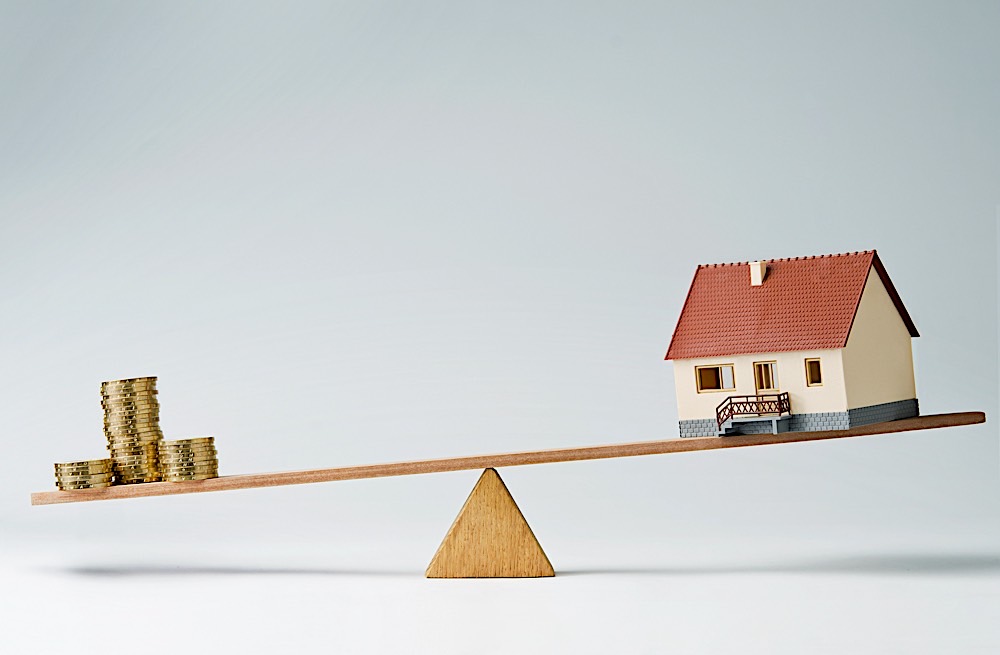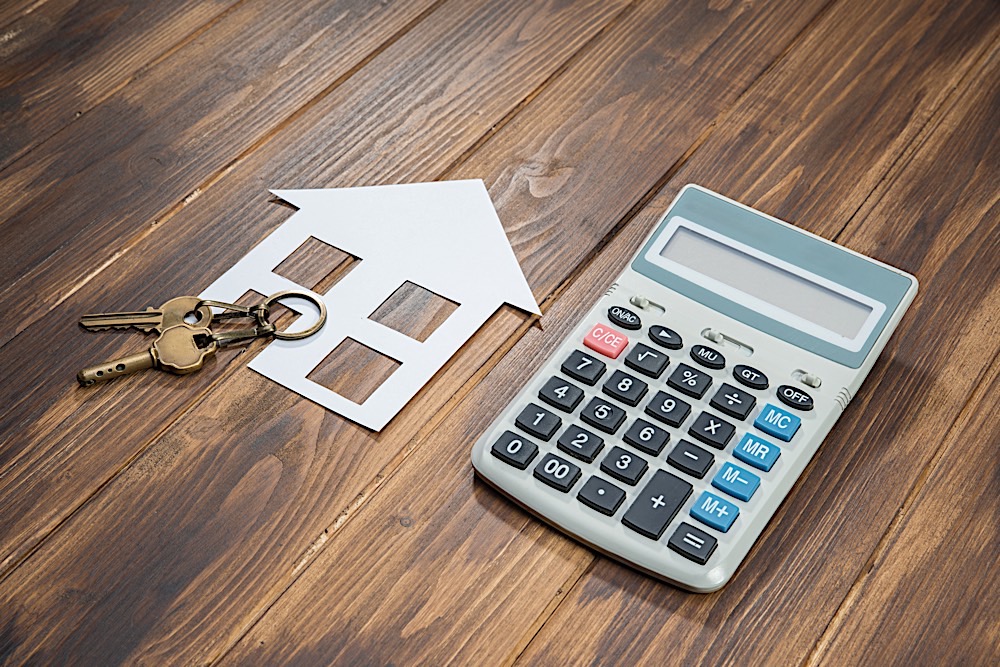Taking out a mortgage is a big deal. Buying a house is one of the single most significant purchases a person will make in their lifetime. The down payment alone is often hard-earned through blood, sweat, and tears. With this in mind, picking out the right mortgage is a critical decision that will impact your finances for decades. 30-year mortgages are popular amongst Americans, but a 15-year mortgage is an alternative that deserves consideration. Between a 15 vs. 30-year mortgage, which option is better for you? Keep reading to find out.

What Is A Mortgage?
A mortgage is a type of financial loan used to purchase real estate. Throughout the predetermined loan term, the borrower pays a fixed monthly payment.
This payment is a mix between interest and principal, and because it’s fixed, the proportions change over time. At first, the share going toward interest is high. As the balance is paid down over the years, the share going toward principal increases.
Right now, the two mortgage term options are 15 years or 30 years.
[ Thinking about investing in real estate? Register to attend a FREE online real estate class and learn how to get started investing in real estate. ]
15 Vs. 30-Year Mortgage
Should you pick a 15 or 30-year mortgage? This largely depends on your long-term financial goals. A 15-year mortgage is paid off in 15 years, and a 30-year mortgage is paid off in 30 years. Do you prefer to pay off your mortgage sooner than later? In that case, picking a 15-year mortgage seems like the obvious choice. However, there are some tradeoffs that cause many homebuyers to choose the traditional 30-year mortgage. Here, we’ll address the key differences between the two.
30-Year Mortgage
When taking out a 30-year mortgage, you’re borrowing the same amount of money for twice as long. The balance shrinks much more slowly, and in some cases, it takes over twice as long to pay off your mortgage. That’s because you can’t pay down the principal as quickly, relative to a 15-year loan.
The interest rate also determines what you end up paying over the life of a 30-year loan. At a higher interest rate, you’ll end up paying even more interest to borrow the same amount of money.
Benefits Of A 30-Year Mortgage
The main reason homebuyers are drawn to a 30-year mortgage is the lower monthly payment. They can also take out a larger loan over 30 years, allowing them to afford more house than they could with a 15-year mortgage. Having a lower monthly payment can also help improve cash flow, freeing up money for other goals, such as building up savings or making other types of investments.
15-Year Mortgage
A 15-year mortgage is also a fixed-rate loan, meaning you can rely on the same monthly payment. There won’t be any surprises, even when there are inflation or interest rate fluctuations.
When taking out a 15-year mortgage, you’re borrowing the same amount of money and paying it back in half the time. Compared to a 30-year mortgage, your monthly payments will be much higher.
Benefits Of A 15-Year Mortgage
Having a high monthly payment is worth it to some borrowers. First, a 15-year mortgage offers a lower interest rate compared to a 30-year mortgage. The difference could be anywhere from a quarter of a percent to a whole percentage point less. This adds up to a lot of savings over the years.
15-year mortgages also save you from paying additional fees imposed by government agencies. Fannie Mae, Freddie Mac, and the Federal Housing Administration all impose fees on 30-years borrowers, as well as those with lower credit scores and smaller down payments.
If you’re someone who can find it in their budget to pay a higher monthly payment (roughly 38% more, according to Investopedia), it might behoove you to opt for the 15-year loan. With shorter-term discipline, you’ll end up saving more money in the long run.

30-Year With 15-Year Payments
Are you wondering if there’s a way you can enjoy the best of both worlds? Perhaps you can’t afford a 15-year mortgage payment every month, but you’re still interested in paying off your mortgage faster than a 30-year mortgage would allow.
You’ll be happy to hear that there is a way. What you’ll want to do is take out a 30-year mortgage through a lender who won’t give you a prepayment penalty. Then, budget for making a few extra mortgage payments during the year when you can afford it. Windfalls such as a bonus or tax refund are good opportunities to make additional payments.
Another strategy homeowners use is paying half of the mortgage every two weeks instead of monthly. This results in 13 payments, so one extra payment, per year. If your lender allows biweekly payments, it’s a great way to make an extra payment without having to stretch your budget.
When making your extra payments, work with your lender to ensure that they go toward your principal. Otherwise, they’ll likely put it toward interest. Paying down your principal is what will help shrink your outstanding balance more quickly.
Summary
If you’re thinking about buying a home, don’t assume that one option is better than the other. Most Americans opt for the 30-year, but it doesn’t necessarily mean that it’s the best long-term financial decision. Carefully weigh your choices between a 15 vs. 30-year mortgage.
If you have enough cash flow, you might prefer a 15-year mortgage that allows you to pay off your loan aggressively. However, if you want to afford more house, or if you’d rather channel some cash flow into other types of savings and investments, a 30-year mortgage could be the better option. Both have interesting tradeoffs to consider. At the end of the day, every homebuyer has unique circumstances and financial goals. The best thing you can do for yourself is to educate yourself and make an informed decision.
After reading this article, were you swayed to pick one mortgage option over the other? What are your reasons? Let us know in the comments below!
Ready to start taking advantage of the current opportunities in the real estate market?
Click the banner below to take a 90-minute online training class and get started learning how to invest in today’s real estate market!


